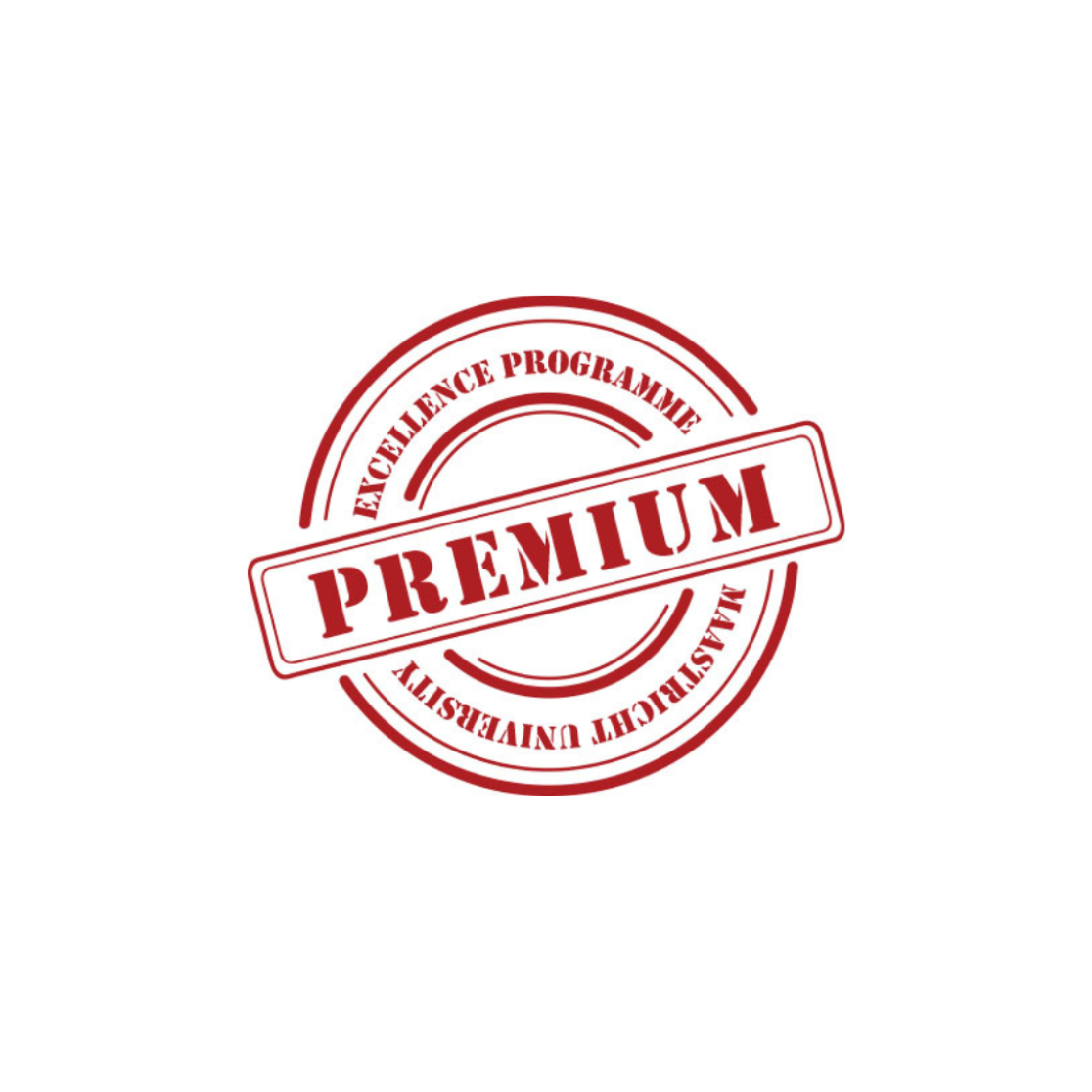Why this programme
International supply chain taxation is at the heart of today’s global developments. Did you know that countries actively compete through their tax systems to influence trade balances? That political decisions often shape how customs duties or carbon taxes are levied? Or that billions of euros are lost each year through tax evasion and avoidance? These are just some of the questions you will explore as a student within the specialisation ‘Customs and International Supply Chain Taxation’.
The courses in this specialisation examine taxes (customs duties, carbon taxes, excises, value added tax (VAT), anti-dumping duties) through the lens of the global supply chain. The emphasis is on developing a solid understanding of their legal foundations. Yet the scope of your studies will reach far beyond law alone. History, business, politics, and economics all play a vital role in understanding how taxation functions in practice. The study of legal rules and case law therefore goes hand in hand with gaining a broader insight into the workings of society – and international trade dynamics in particular. The programme is demanding, but it will equip you exceptionally well for a rewarding and impactful career.
Good to know: Upon graduation, all students, including those with a background in economics, business administration, or accounting, will be awarded the Master of Laws (LLM) degree.
You should choose this specialisation within thee Master International and European Tax Law when:
- You have an international mindset with a keen interest in international trade and taxation.
- You are drawn to a legal field that interacts with many different areas of law.
- You enjoy solving complex legal puzzles through sharp legal analysis.
- You are motivated by the societal relevance of tax law and fiscal policy.
You get really practical knowledge and the professors are really approachable.
Tomas, student International and European Tax LawWhat will you learn?
If you are aiming for an international career with a focus on trade-related taxation, the specialisation ‘Customs & International Supply Chain Taxation’ of the master’s programme International and European Tax Law offers you everything you need to succeed in the field.
In this specialisation, you explore key areas of international supply chain taxation, including customs law, value added tax (VAT), excise duties, carbon border adjustment mechanisms (CBAM), and trade defence instruments such as anti-dumping duties. You learn to navigate the intricate interaction between tax law, trade law, and international commerce, while analysing how global supply chains are shaped by fiscal and regulatory measures.
Throughout the programme, you develop the ability to address complex legal and practical issues, such as customs valuation, VAT fraud, and carbon border pricing. You also gain a broader understanding of how international trade, sustainability, and geopolitics shape modern taxation systems. Moreover, several courses on corporate taxation deepen your knowledge on subjects such as transfer pricing and tax compliance. At the end of the programme, the master’s thesis allows you to conduct true academic research on a topic of your choice within the field of customs and supply chain taxation.
Good to know: The programme International and European Tax Law offers three specialisations – the General Programme, the specialisation in Customs and International Supply Chain Taxation, and the specialisation in Tax and Technology. You can still change your mind and switch specialisations at the beginning of the master’s programme in September.
How will you learn?
This master’s programme combines lectures, tutorials, and preparation time to give you a well-rounded academic experience. At the heart of our education is Problem-Based Learning (PBL). In our small tutorial groups with a maximum of 19 students, you will engage intensively with your peers by solving practical problems in an interactive setting. PBL challenges you to identify and analyse complex legal problems in the field of tax law through active discussion, collaboration, and critical thinking.
This approach not only deepens your theoretical understanding of tax law but also builds the practical skills essential for your future career. It requires you to be proactive in setting learning goals and encourages you to work with your fellow students on legal issues. Moreover, throughout the programme, you will learn how to carry out thorough legal research and communicate legal arguments clearly.
Why in Maastricht?
Maastricht, home to the historic Maastricht Treaty, offers the perfect setting for a truly international legal education. Located in the heart of Europe, Maastricht University attracts a diverse and global student community. For over 30 years, it has been at the forefront of research and teaching in European and comparative law. The master’s programme in International and European Tax Law has welcomed students for over 20 years and is consistently ranked among the top 10 LLM programmes in international taxation.
Teaching staff
- Kasper Dziurdz, programme director
- Frank Nellen, specialisation coordinator
- Emma van Doornik
- Ad van Doesum
- Khalid Abdullah
- Kevin van Abswoude
- Mathijs Klemm
- Hans van den Hurk
- Luc Hautvast
- Christina Dimitropoulou
- Esperanza Buitrago
- Rolf Gelissen
Good to know: During the master’s programme, you will benefit from close and personal contact with our core teaching staff – recognised experts in the field, who also bring valuable experience from professional practice. In addition, you will gain further insights from guest lecturers affiliated with leading advisory firms, tax authorities, international organisations, and academia.
Extracurricular activities
Within this specialisation, we offer a range of extracurricular activities, including thesis writing sessions and social events. You can also participate in our Masterclasses, where leading practitioners and representatives from EU institutions share their insights on customs and international supply chain taxation in practice. Each year, we foster a close-knit community of students characterised by openness, mutual support, and academic curiosity. With a strong esprit de corps, everyone works together to make the learning experience both enjoyable and rewarding.
Moot court competitions
Each year, student teams from the UM Faculty of Law participate in the most prestigious national and international moot courts competitions, where teams vie against each other in simulated proceedings to present a convincing legal case to an expert jury. Our Law Faculty has built an excellent reputation for performing outstandingly and has been awarded the first prize in competitions such as the European Law Moot Court Competition, the VAR Moot Court Competition and the National Round of the Philip Jessup Moot Competition.
More about mooting competitions and legal clinics
Participation in moot courts and legal clinics is extracurricular, no credits are granted within the programme.
Master’s Honours Research Track
Are you thinking about going into research after you graduate? Then you should consider applying for our Master’s Honours Research Track. In addition to your regular studies, you will learn the main methodologies used in academic legal research, improve your practical research skills, and apply this knowledge in your master’s thesis. The track will give you the experience you need to be a successful PhD candidate.
PREMIUM
Want to gain that extra edge by getting real-world experience during your studies? The PREMIUM honours programme will help you gain the experience and develop the skills employers are looking for. As part of a team of students and under the guidance of our academic staff, you will spend about three months working on a real-world assignment for a company, NGO or educational institution. It will take about 250 hours, but it will give you a lifetime of benefits.

